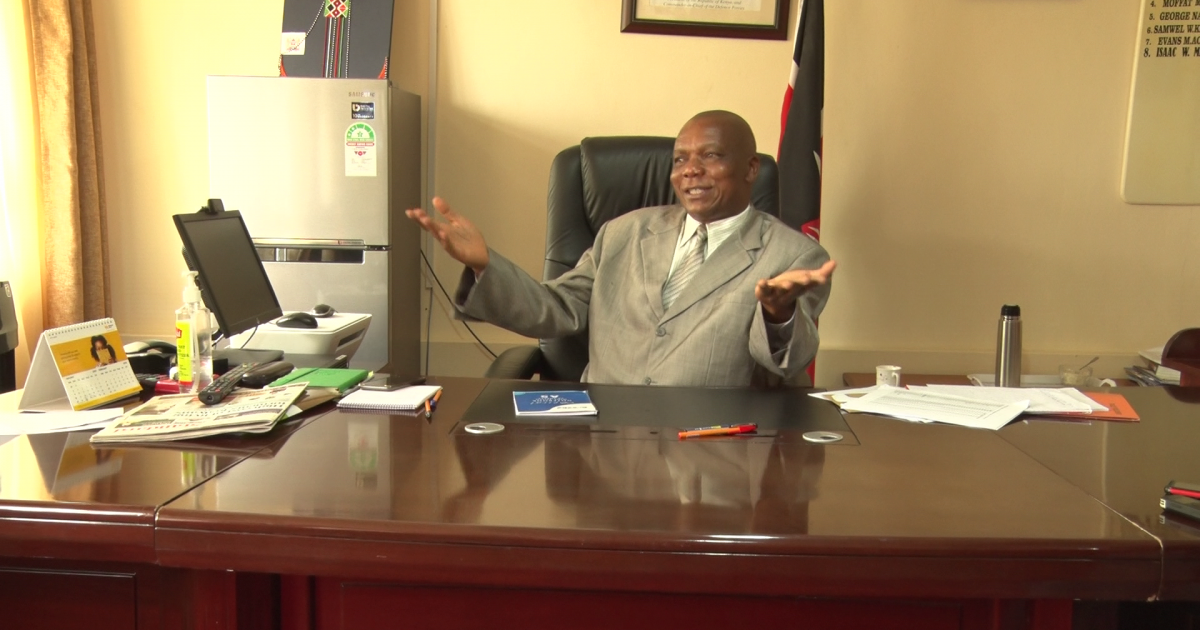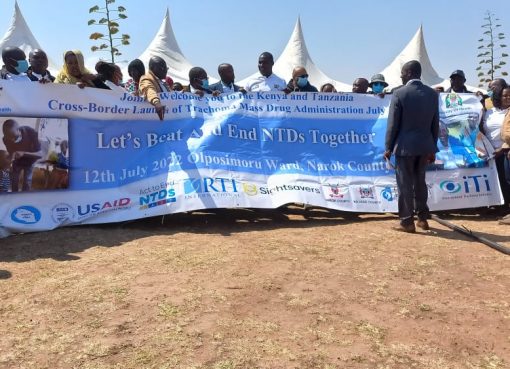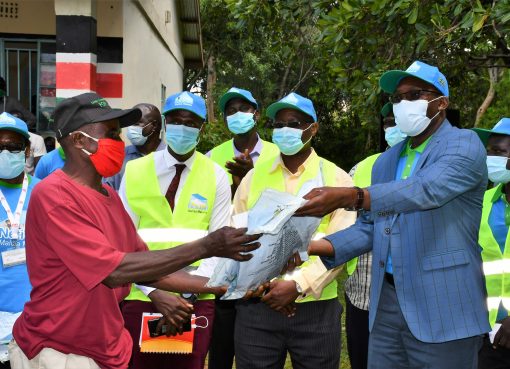The state in collaboration with United Nations International Children’s Emergency Fund (UNICEF) has tightened measures of returning over 32, 000 school going children who are out of school.
The new Narok County Commissioner Isaac Masinde said Narok South Sub County was the most affected with over 10,000 children being out of school, according to a report conducted by UNICEF in the year 2021.
He said he has held a meeting with education stakeholders where they have agreed to leave no stone unturned until all the children out of school are back to school.
Masinde also directed chiefs and their assistants, under the leadership of assistant county commissioners, to ensure all children within their jurisdiction are in school.
“I have directed all administrators to carry out a door to door campaign to ensure there is 100 per cent school attendance for all school going children,” he said, adding that they will be holding several baraza in the most affected areas to sensitize the residents on the importance of taking children to school.
All children, he said, have a right to free education hence no child should be sent home by teachers because of lack of school fees or uniform as the government expects children to be in school.
He warned those who use children as labourers, to graze livestock and in the farms that they risk being arrested and punished in court of law.
At the same time, the County Commissioner sounded a warning to Female Genital Mutilation (FGM) practitioners saying their days were numbered as they would intensify campaigns to nub them and ensure they undergo the court process.
“FGM is one of the major hindrances to education. The victims mostly drop out of school to get married or get pregnant. This is why we want to fight this outdated practice,” said Masinde.
Some of the interventions proposed to maintain the children in school included: introduction of school feeding programmes in all public primary schools, low cost in boarding schools, provision of sanitary towels and empowering women.
By Ann Salaton and Brian Lemayian





